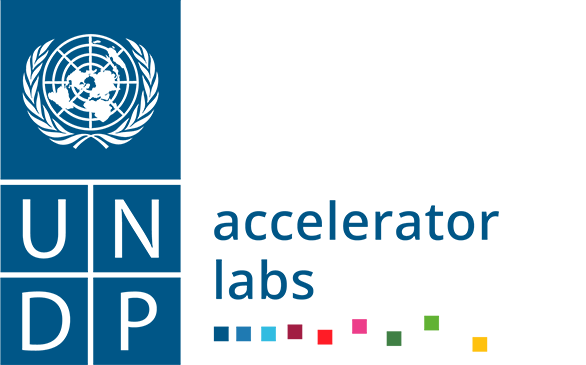A step-by-step to draft a National Innovation Policy
What it does. Helps you prepare an enabling environment for the government as it drafts its first national innovation policy. This component will provide you with examples of how to prepare the ground to facilitate the drafting of National Innovation Policy, design a theory of change for national innovation policy and give you access to a National Innovation Strategy for Dominican Republic.
Value proposition for the government or other partner. Serves as an overarching reference model to identify, structure and prioritize national digital transformation efforts and agendas. Framing for UNDP support.
Why and when to use it. This approach is most useful when a government is taking its first steps towards taking an active role in the support of a national innovation ecosystem, and no official policy exists yet. This situation calls for quickly socializing senior officials to the domain of innovation policy.
Known issues and troubleshooting. This process takes you to a final draft of the policy. Full It is important then to have a follow up for implementation of the strategy (from paper to practice).
Context. In 2021, the Dominican Republic’s government created the Innovation Cabinet, an inter-ministerial coordination taskforce mandated to craft a National Innovation Policy. The presidential decree directed the work of the cabinet’s affiliated institutions into five working themes: 1) governance, 2) human capital, 3) investment and partnerships, 4) culture and citizenry, and 5) energy transition and sustainability. To speed up the process, the government has requested technical assistance from UNDP. As an agile incubator of ideas and solutions, the UNDP Accelerator Lab took charge of helping the government in drafting its first national innovation policy.
They embarked on this journey by understanding the regional landscape of innovation. The Dominican Republic Accelerator Lab facilitated a series of workshops to gain insights from the Latin America region. For this, they invited ministries from Chile, Colombia, Costa Rica, and Paraguay to participate in the workshop and share their learnings and insights on innovation.
The workshops aimed at three things:
- Building consensus on what is the definition of innovation among stakeholders.
- Sharing learnings and insights from different countries in the region.
- Introduce and practice innovation tools such as stakeholder mapping, issue mapping and portfolio approaches.
During the workshop, the Lab invited experts from cross-cutting areas in education, governance, environment, human capital and investment. The Lab itself provided technical assistance and held sessions informed by human-centered design best practices and providing a systemic analysis. To make this practical, it linked findings from the workshop to current government challenges. They engaged with government officials and conducted an issue mapping- and a stakeholder mapping exercise to give them hands-on experience on using these innovation tools.
By the end of the session, its participants had gathered insights from the region, new tools on innovation, and understood how to link these regional views and innovation tools to the Dominican ecosystem. They drafted a national strategy innovation proposal highlighting the focus areas of the government and reached out to UNDP to design the theory of change underpinning this new vision.
The Lab took on the task of designing theory of change for the national innovation strategy. They also vetted the draft by experts in various domains within UNDP, like the governance expert, senior economist, gender specialist etc. to provide a comprehensive review of the document. The final national innovation policy is complete and highlights ways to approach digitalization, strategic innovation, and development finance for advancing the country’s long-term vision.
Cost to implement (in USD). Unknown
Time (in calendar time): 2 years implementation time
People. Two UNDP Staff working full time.
Focal point. Jerson del Rosario.
Country and year : Dominican Republic 2021
Resources.
- National innovation policy, final draft (Spanish)
- Blog post
